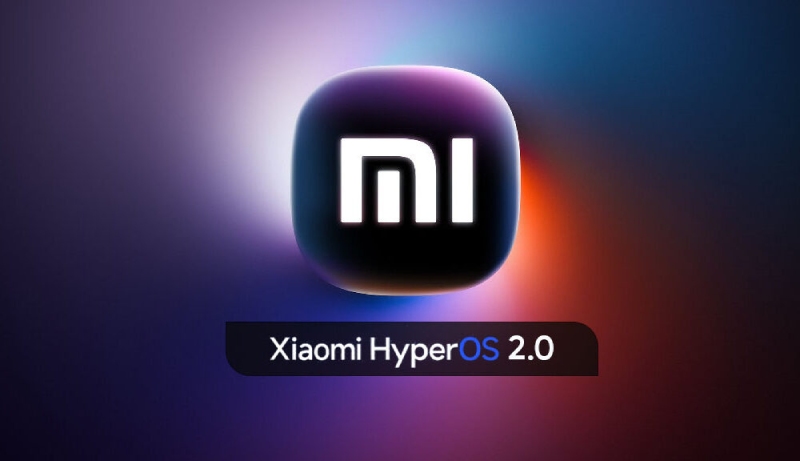OpenAI is expanding its Advanced Voice Mode feature to all ChatGPT Plus and Team users within the app this week. In a post shared on X (formerly known as Twitter) on Tuesday (Sept. 24), the company stated, “While you’ve been patiently waiting, we’ve added Custom Instructions, Memory, five new voices, and improved accents.” However, this feature is currently unavailable in the European Union, the United Kingdom, Switzerland, Iceland, Norway, and Liechtenstein.
Now, users can select from nine “lifelike output voices” for ChatGPT, each offering distinct tones and personalities, ranging from “easygoing and versatile” to “animated and earnest,” as detailed in OpenAI’s Voice mode FAQ. This broader rollout follows the alpha release of Advanced Voice Mode that was introduced to a select group of ChatGPT Plus subscribers in late July, with a plan for wider availability later in the year.
OpenAI has implemented several safeguards to prevent the misuse of this feature. The company has confined Advanced Voice Mode to preset voices developed with paid voice actors to avoid potential impersonation of real individuals or public figures. It has also put measures in place to block requests for violent, copyrighted, or music-generating content, likely influenced by previous legal actions from the music industry against AI companies.
Originally planned for a late June alpha launch, the voice feature experienced a delay, with OpenAI announcing on June 25 that more time was required for refinement. At the time, the company explained that it was focusing on improving the model’s ability to identify and refuse certain content while also preparing to handle millions of users in real-time.
According to a PYMNTS Intelligence report, “How Consumers Want to Live in the Voice Economy,” many U.S. consumers are willing to pay for smart and reliable voice assistants. About 22% of Gen Z respondents indicated a high willingness to spend over $10 per month on a voice assistant as capable as a human, while 54% of overall consumers prefer voice technology due to its speed compared to typing or using a touchscreen.
In parallel developments, OpenAI reportedly plans to restructure into a for-profit benefit corporation, reducing the control of its nonprofit board but retaining a minority stake for the nonprofit entity. Although this restructuring hasn’t been finalized, it aims to enhance the company’s appeal to investors and offer CEO Sam Altman an equity stake.
Recent reports suggest OpenAI is seeking $6.5 billion in funding, targeting a valuation of $150 billion. The funding round is led by Thrive Capital, with anticipated participation from Microsoft, Apple, and Nvidia. This move represents OpenAI’s transition from its nonprofit roots toward a model more aligned with attracting substantial investment for its advancements in artificial general intelligence (AGI).
Topics #AI #All Plus #Artificial intelligence #ChatGPT #news #OpenAI #Sam Altman #Team subscribers #Voice Service











